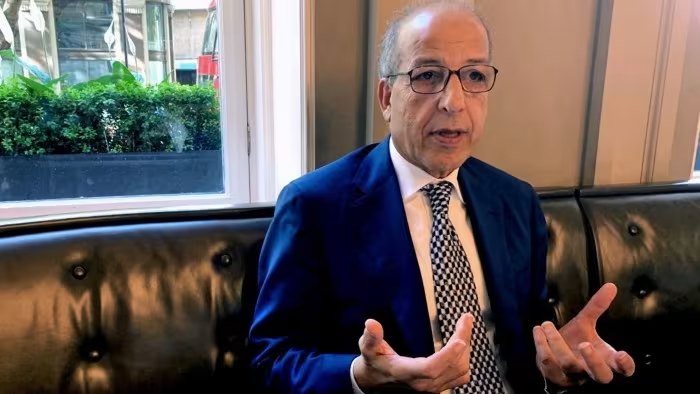Libya’s Central Bank Governor Sadiq al-Kabir has reportedly fled the country along with other senior bank officials, citing threats from armed militias. This exodus of key financial figures adds another layer of complexity to the already fragile political and economic situation in the oil-rich North African nation.

According to a report by the Financial Times on Friday, al-Kabir stated in a telephone interview that he and his colleagues were forced to leave Libya to “protect our lives” from potential attacks by armed groups. The central bank chief painted a grim picture of the security situation, alleging that “militias are threatening and terrifying bank staff and are sometimes abducting their children and relatives to force them to go to work.”
Al-Kabir’s departure comes amid a power struggle over control of Libya’s central bank. He asserted that attempts by interim Prime Minister Abdulhamid al-Dbeibah to replace him were illegal and in violation of United Nations-negotiated accords on central bank governance. This dispute over the bank’s leadership further complicates Libya’s already fractured political landscape.

Libya, a major oil producer, has been mired in conflict and division since the overthrow of long-time leader Muammar Gaddafi in 2011. The country remains split between eastern and western factions, with various international powers, including Turkey and Russia, backing different sides in the ongoing power struggle.
The crisis at the central bank adds yet another dimension to Libya’s multifaceted instability. Control over the country’s financial institutions and oil revenues has been a key point of contention between rival factions, with each side seeking to leverage these resources for political and economic gain.
In response to the escalating situation, the United Nations Support Mission in Libya (UNSMIL) issued a statement earlier this week calling for restraint and dialogue. The UN mission urged for the suspension of unilateral decisions, the lifting of force majeure on oil fields, a halt to escalations and use of force, and the protection of central bank employees.



